Peanut butter has secured a prominent place in kitchens around the world, praised for its taste and convenience. As more consumers embrace healthy eating, there’s a growing push to reassess what’s inside that familiar jar.
With chronic illnesses like diabetes and heart disease on the rise, paying closer attention to peanut butter ingredients has never been more essential. In 2025, food labeling laws have tightened, prompting greater scrutiny of what brands add to everyday staples.
Additives, hidden sugars, and oils are finally under the spotlight they deserve.
Let us talk about how to choose the healthiest peanut butter on the market in 2025.
How to Read Peanut Butter Labels Like a Pro
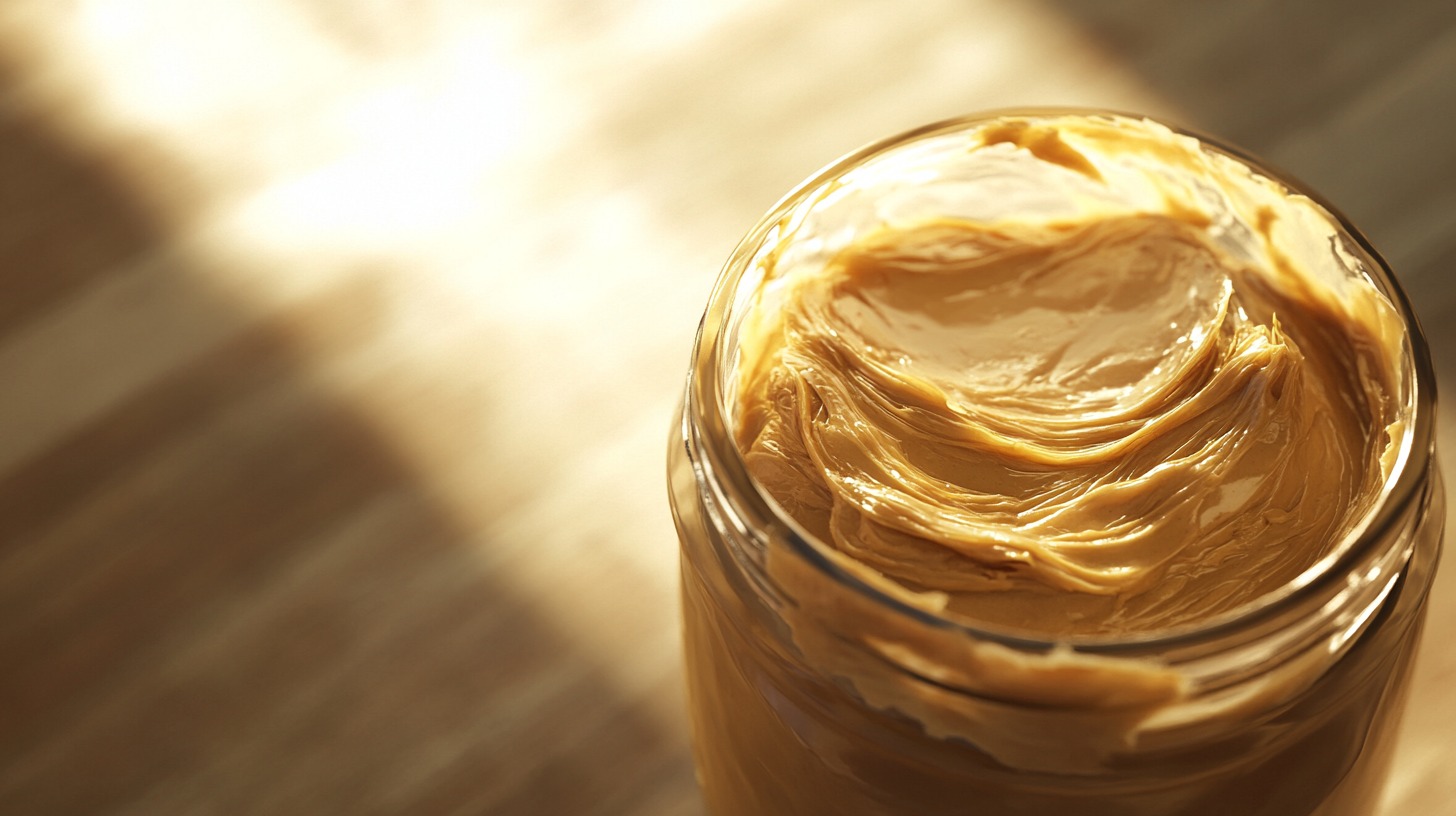
Reading a peanut butter label isn’t just about glancing at calories. It’s about making sure every spoonful supports your health goals. Start with the nutrition facts panel, but don’t stop there. Focus on sugar and fat content.
Look for total sugars close to zero, ideally between 0 to 1 gram per serving. Fat should mostly come from unsaturated sources, known for supporting heart function and lowering LDL cholesterol. Keep saturated fat under control and avoid any trace of trans fats, which may still hide under misleading terms like “partially hydrogenated oils.”
Next, examine the ingredient list. Fewer ingredients generally mean fewer problems. Two is ideal, peanuts and salt. Three might be acceptable if it’s something like oil used for blending in natural brands, but anything longer should be treated with suspicion.
Some brands disguise unwanted additives under vague names. Labels that say “spread,” “no-stir,” or “sweetened” often include emulsifiers, added sugars, or hydrogenated oils.
Words like “reduced-fat” and “low-fat” may sound positive but often mean sugar has been added to make up for lost flavor. “Stabilized” peanut butters frequently contain soy lecithin or palm oil, which serve no nutritional purpose and simply make the product easier to store and ship.
Watch out for misleading claims and branding language. Peanut butter should never require a glossary. Ingredient panels shouldn’t read like science experiments.
- Sugar should be near zero
- Look for “peanuts” listed first
- Avoid buzzwords: sweetened, whipped, reduced-fat, creamy blend
Clarity comes with practice. With each purchase, label-reading becomes second nature, helping shoppers avoid unhealthy traps.
The Hidden Dangers in Commercial Brands

Supermarket shelves are filled with peanut butter brands that prioritize profit margins over public health. Labels boast terms like “natural,” “organic,” or “reduced fat,” but what hides behind those terms often tells a different story.
Sugar is the most common offender, added to enhance flavor and shelf life, not nutrition. Even in products marketed as health-conscious, added sugar sneaks in under names like cane juice, molasses, or corn syrup solids.
Consistent sugar intake, even in small amounts, plays a major role in rising obesity rates and metabolic disorders. Peanut butter, often consumed daily, becomes a silent contributor to sugar overload.
According to the American Heart Association, daily sugar intake should not exceed 25 grams for women and 36 grams for men. A two-tablespoon serving of some peanut butter brands can contain up to 2 grams of added sugar, which may seem low but adds up quickly with frequent use.
Over time, that 1–6% of added sugars per jar becomes a regular source of unnecessary calories.
Hydrogenated oils pose an even more insidious threat. Used to maintain a consistent texture and prevent oil separation, these oils introduce saturated fats and, in some cases, trans fats. Even “partially hydrogenated” oils contribute to heart disease risk.
They raise LDL (bad cholesterol) and lower HDL (good cholesterol), creating a double-edged problem for cardiovascular health.
- Sugar, molasses, corn syrup
- Palm oil, soybean oil, cottonseed oil
- Mono- and diglycerides
- Soy lecithin, guar gum
The Nutritional Power of Peanuts
| Nutrient | Amount (per 2 tbsp) |
|---|---|
| Calories | 191 |
| Total Fat | 16.4 g |
| Saturated Fat | 3.3 g |
| Unsaturated Fat | 12.29 g |
| Sodium | 136 mg |
| Carbohydrates | 7.14 g |
| Fiber | 1.6 g |
| Sugar | 3.36 g |
| Protein | 7.1 g |
Peanuts deliver more than just flavor, they pack an impressive nutritional punch. Every spoonful offers plant-based protein, crucial for muscle repair and growth, especially for those limiting animal products.
Monounsaturated fats in peanuts support heart health by improving cholesterol levels and reducing inflammation.
Potassium and magnesium work together to maintain healthy blood pressure, nerve function, and energy production. Compared to almond and pistachio butters, peanut butter provides a more affordable option with comparable nutrients, though it may fall slightly short in vitamin E content.
- Protein: ~8g per 2 tablespoons
- Healthy fats: Predominantly monounsaturated
- Potassium: Helps regulate heart and muscle function
- Magnesium: Supports metabolism and nerve function
Simple and nutrient-dense, peanuts continue to prove their worth as a dietary staple for wellness-conscious individuals.
Ingredient Simplicity is Key
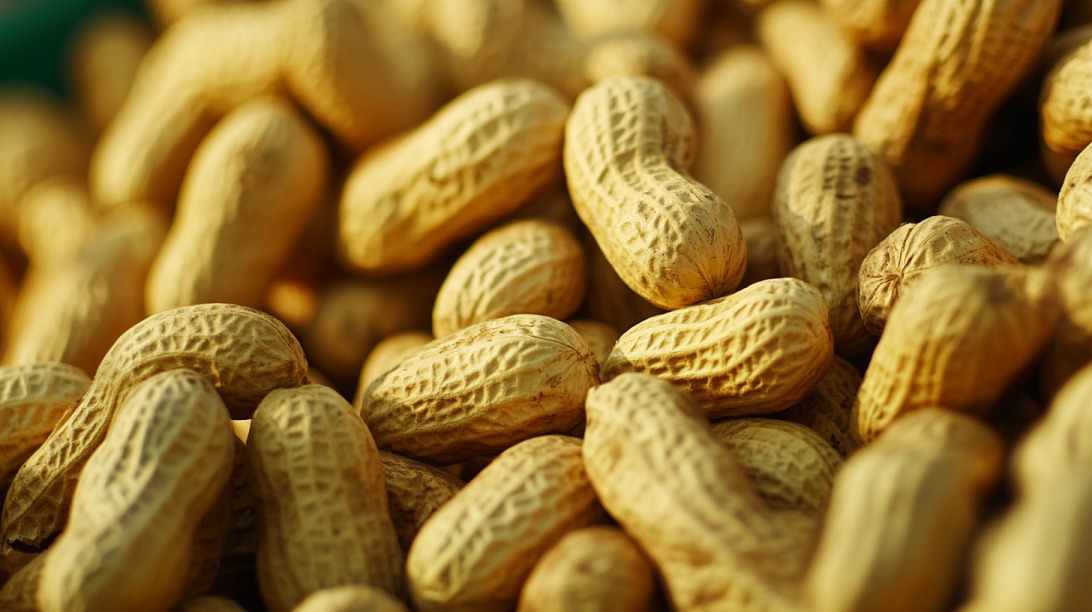
Peanut butter doesn’t need a long list of ingredients. The healthiest versions stick to just two: peanuts and salt. Everything else often compromises nutritional value. Added sugars increase calorie count without adding any meaningful nutrients.
Hydrogenated oils, introduced for smoother texture and shelf stability, bring harmful fats into the equation. Artificial preservatives raise red flags for long-term health, offering no benefit that outweighs potential risk.
Minimalist formulas also ensure fewer allergens and chemical exposures. “Peanuts + Salt” provides all the flavor and nutrition without unnecessary fillers.
- Corn syrup or cane sugar
- Palm oil or partially hydrogenated oils
- Ingredients you can’t pronounce
Shorter ingredient lists are easier to trust, and your body will thank you for it.
Best Brands for Healthy Peanut Butter
| Brand | Ingredients | Organic Option | Salt-Free Version | No Added Sugar |
|---|---|---|---|---|
| MaraNatha Organic | Peanuts, Sea Salt | ✔️ | ✔️ | |
| Smucker’s Natural | Peanuts, Salt | ✔️ | ||
| 365 by Whole Foods | Peanuts, Salt | ✔️ (in some) | ✔️ | |
| Trader Joe’s No Salt | Peanuts | ✔️ | ✔️ | |
| Crazy Richard’s | Peanuts | ✔️ | ✔️ |
Finding a peanut butter brand that stays true to purity isn’t always easy, but a handful of options have earned respect for clean labels and nutritional quality.
These brands stick to the fundamentals, no sugar bombs, no questionable oils, no chemical stabilizers, just the kind of ingredient list that starts and ends with peanuts.
1. MaraNatha Organic Peanut Butter
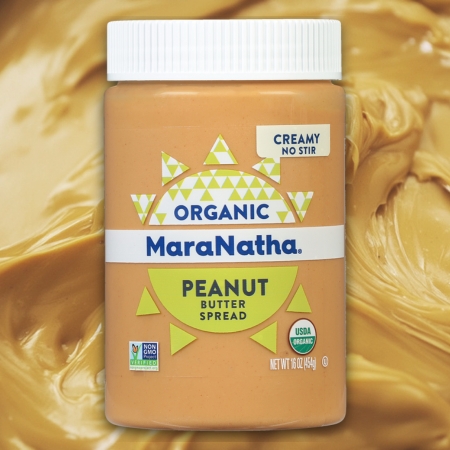
MaraNatha continues to offer reliable, organic options with no added sugar or hydrogenated oils. Their creamy and crunchy varieties deliver smooth texture with only two ingredients: organic peanuts and sea salt.
- Pros: USDA organic, Non-GMO Project Verified
- Ingredients: Organic dry roasted peanuts, sea salt
- Available: Grocery stores and online retailers
2. Smucker’s Natural Peanut Butter
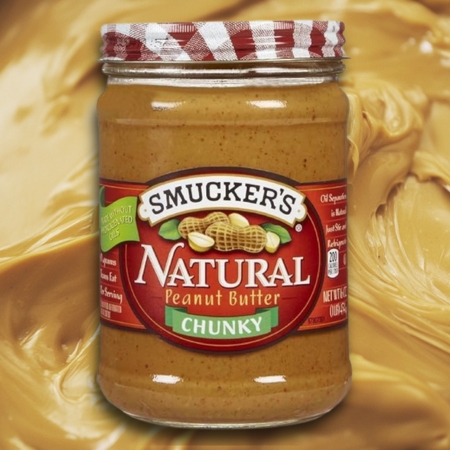
Smucker’s may be a familiar name, but their natural line avoids additives found in mainstream varieties. Once stirred, it has a satisfyingly thick and nutty consistency.
- Pros: Budget-friendly, widely available
- Ingredients: Peanuts, salt
- Watch for: Oil separation—store upside down for easier use
3. 365 by Whole Foods Market Peanut Butter
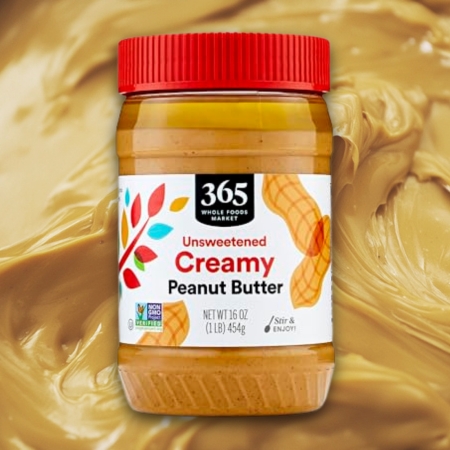
Whole Foods’ in-house brand offers a great balance between affordability and quality. It contains only dry roasted peanuts and salt, with zero added sugar or stabilizers.
- Pros: Minimalist ingredient list, affordable
- Ingredients: Dry roasted peanuts, salt
- Bonus: Plastic and glass jar options
4. Trader Joe’s Creamy No Salt Peanut Butter
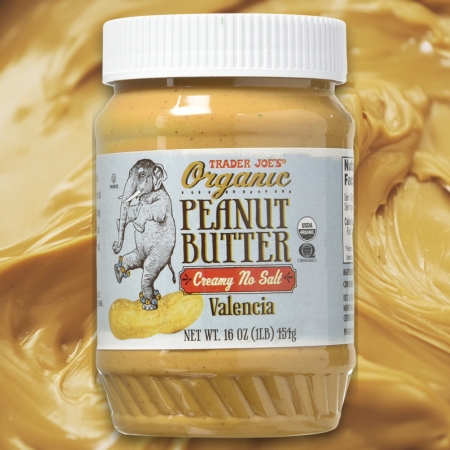
Trader Joe’s no-salt version keeps it ultra-simple for those watching sodium intake. Its texture is smooth, and flavor remains bold without unnecessary additions.
- Pros: No salt or sugar
- Ingredients: Dry roasted peanuts
- Perfect for: Low-sodium diets
5. Crazy Richard’s 100% Peanuts Peanut Butter
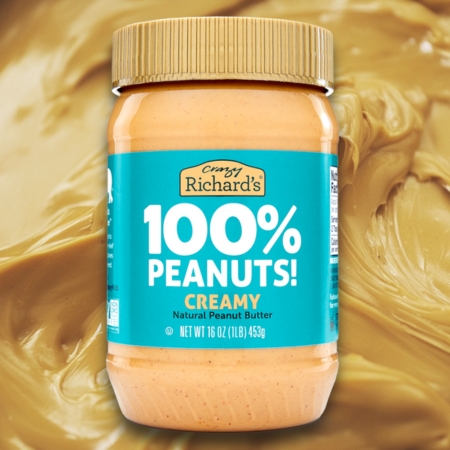
Crazy Richard’s goes the extra mile to offer a product that’s literally just peanuts—no salt, sugar, or oil. Ideal for purists who want flavor and nutrition without compromise.
- Pros: Single-ingredient, kid-friendly
- Ingredients: Peanuts
- Note: Requires stirring before use
Summary
Choosing the healthiest peanut butter in 2025 means stripping it down to the basics: peanuts and a pinch of salt.
That simplicity delivers healthy fats, protein, and essential minerals without any of the unnecessary baggage found in heavily processed jars.
Shoppers willing to scan labels and question ingredients are better equipped to make nourishing choices. Let your next jar support your health goals, not undermine them.
Hi there, my name is Kelly Barlow and kellytoeat.com is my blog. Here, I write about various recipes I want to reccommend to readers.
I try to find the best possible recipes that can attract the attention of readers, and at the same time, I strive to write it in the most engaging manner possible.
When I was younger, I wanted to become a chef. Sadly, it wasn’t meant to be, but at the very least, I write about it.
